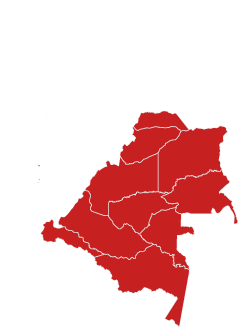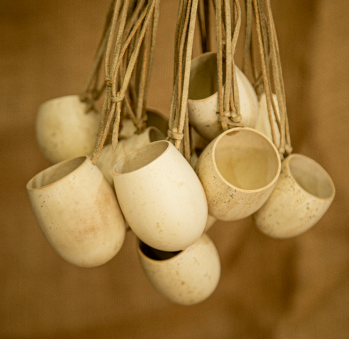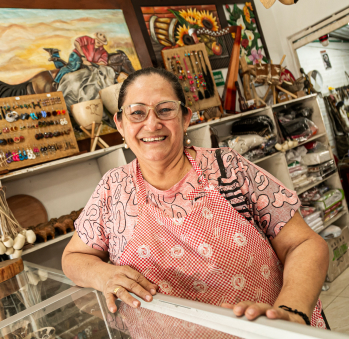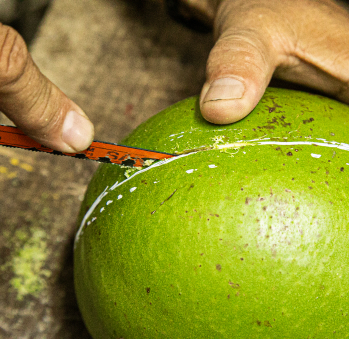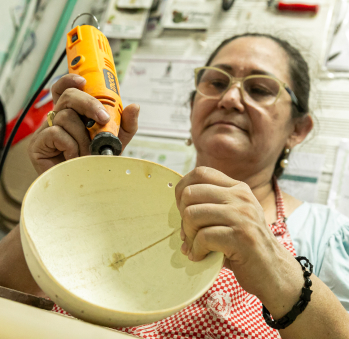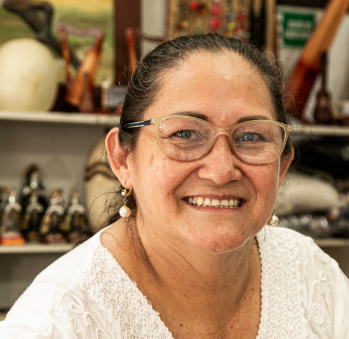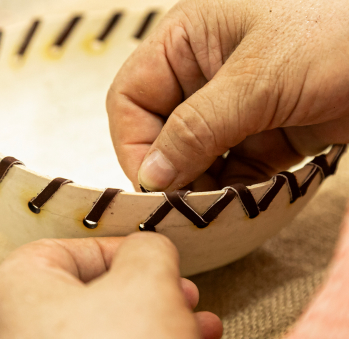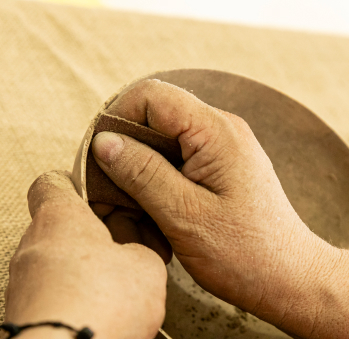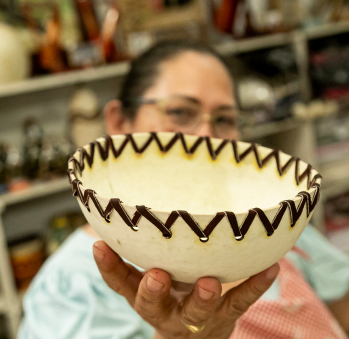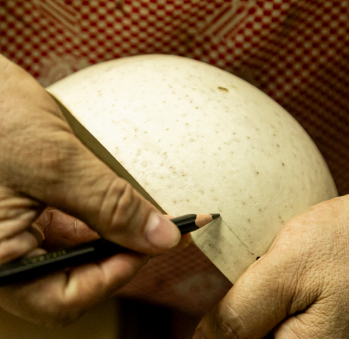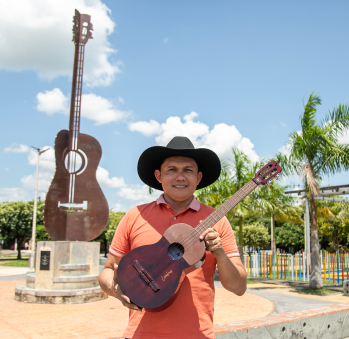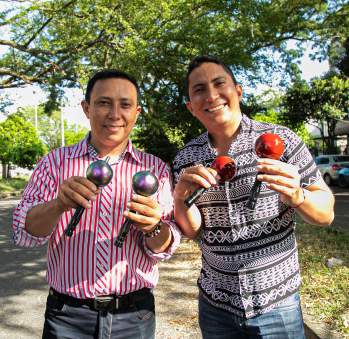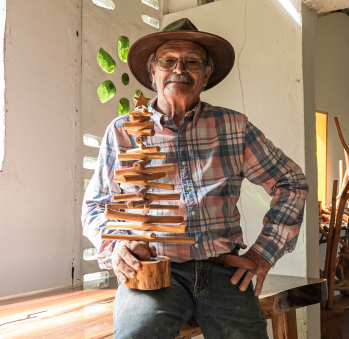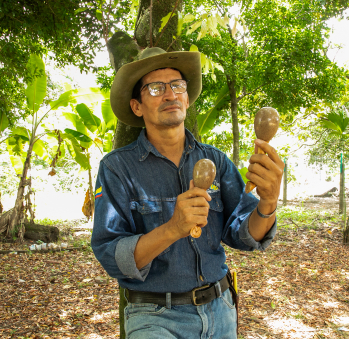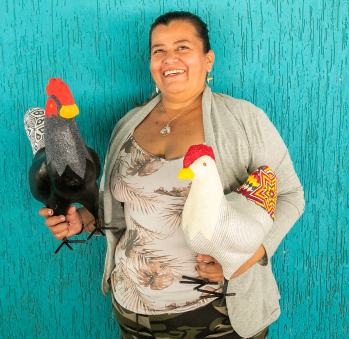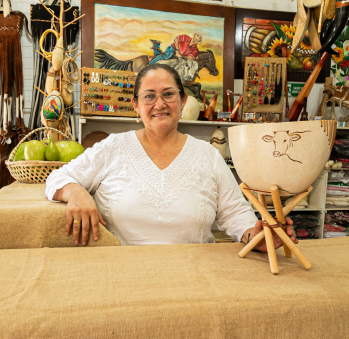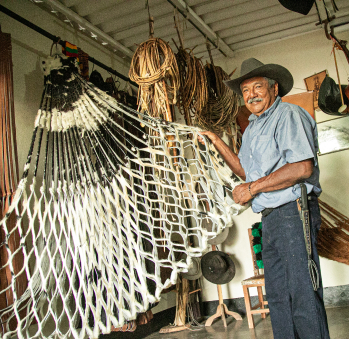Lorena Vanegas
Workshop: Artesanías Lorena
Craft: Trabajo en no maderables
Trail: Casanare Route
Location: Paz de Ariporo, Casanare
Lorena is the daughter of Mr. Eduardo and Miss Cecilia. She is proud of her artisanal foraging origins and the fact that learning how to deftly work with her hands has taught her to deal with all sorts of challenges, proving that nothing can stop her. She recalls her hectic childhood, switching towns with her parents and spreading a cloth on the streets to display necklaces, maracas, and whatever they could offer to potential buyers. Policemen used to tell them to pick up their things and run away, and so they did. She learned to sleep under the merchandise tables and got used to not recognizing the new places where she woke up. She saw her parents sell crafts as well as food, and she remembers them as hardworking people, just like herself.
She was born in Honda, Tolima, baptized in Tuluá, Valle, and raised in Huila. Later, alongside her husband, Adolfo Perdomo, she lived in Tunja. A citizen of the whole country, she feels her heart belongs to Casanare. They arrived in Yopal after her husband became unemployed. Without wasting any time, she showcased various crafts at an artisanal market: knotted headbands, fans, and the Christmas dolls she sewed with her sewing machine. Unfortunately, a little girl passing by with her mother classified them as witchcraft dolls. She didn’t expect the heat to affect her so much that she would faint, and feeling down, she decided to take a nap, hoping for the day to change its course and get better. Upon waking up, life surprised her: she was awakened by the murmuring of a crowd lining up in front of her stand, waiting for her to braid a dozen little girls’ hair, enthusiastic after seeing her doll’s braided hair.
Nevertheless, the story continued. For a while, she continued traveling the country, going to Valledupar, Montería, and Zipaquirá. She even attempted to divorce her husband and ended up in Paz de Ariporo, Casanare, praying to the Manare Virgin, the local patroness, and asking her for a shop where she could settle down. Her prayers were answered—she found it and, with it, was able to convince Adolfo to give their relationship a second chance.
From then on, her work was to get to know this new territory and discover the beautiful crafts she could create from totumo, a very common material used in the region. Following her instincts, she began by making small dolls. In the present, she acknowledges that her first works were minor crafts and that she would need to work a lot before becoming a craftswoman. She came to realize this the day she applied for an open call from Artesanías de Colombia, and an instructing designer recognized her potential, noticing that she had what the job required. They were not interested in her totumos with pyrography-drawn Virgins but in what her pieces revealed about Lorena—her dedication and trained hands. After many hours of honing her technique, she was ready for the next step, as she understood that a totumo with a drawn Virgin wouldn’t help her stand out.
Today, Lorena is part of the Orinoco Expedition Project, which brought together the most skilled craftsmen and women from the region. Furthermore, she is part of Expomujer, a project that celebrates the work of Casanare’s craftswomen. Having found a permanent home, Lorena is now a representative of the region’s llanera identity, crafting decorative goods made from totumo, leather, ribbons, and cow horns.
Craft
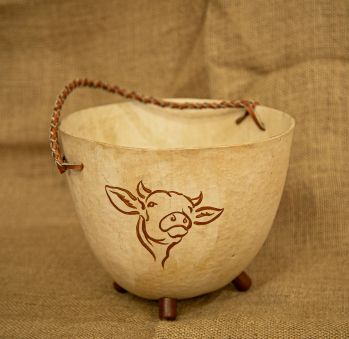
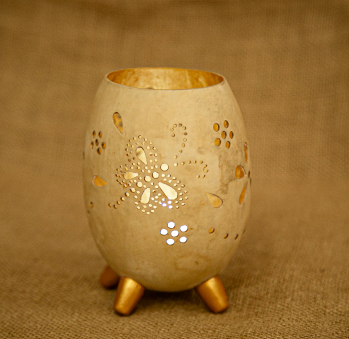
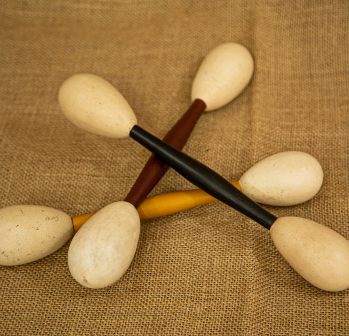
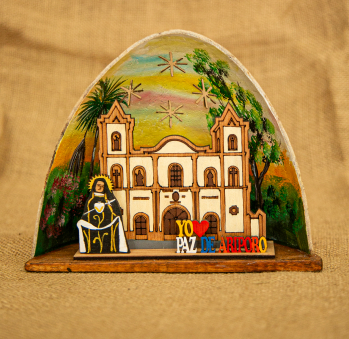
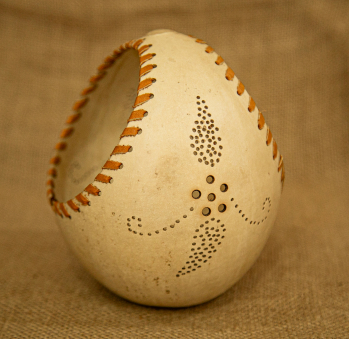
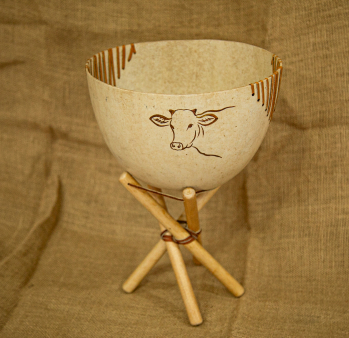
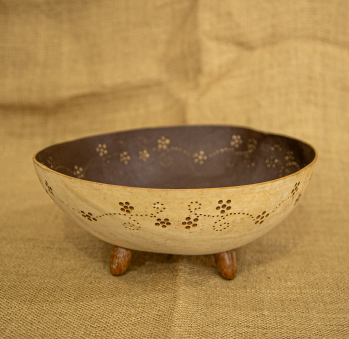
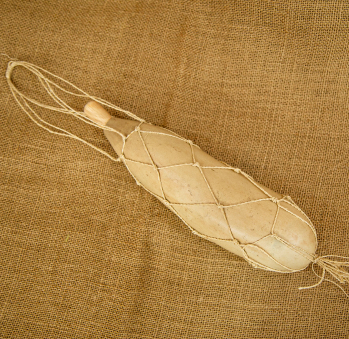
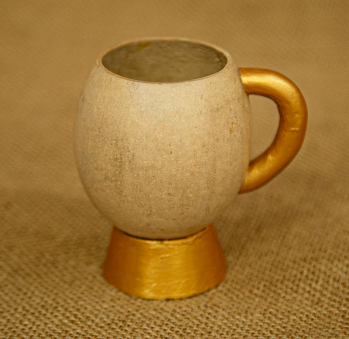
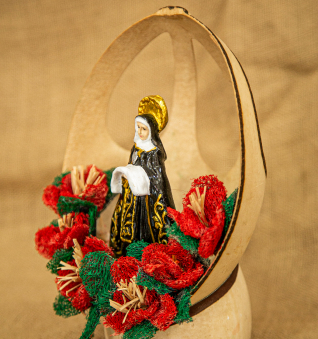
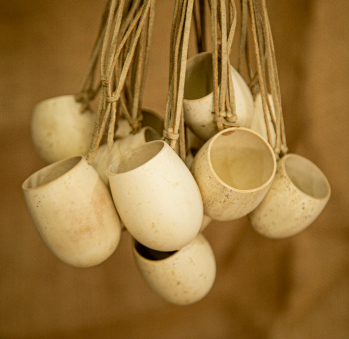











Artisans along the way
Artisans along the way
No puede copiar contenido de esta página

